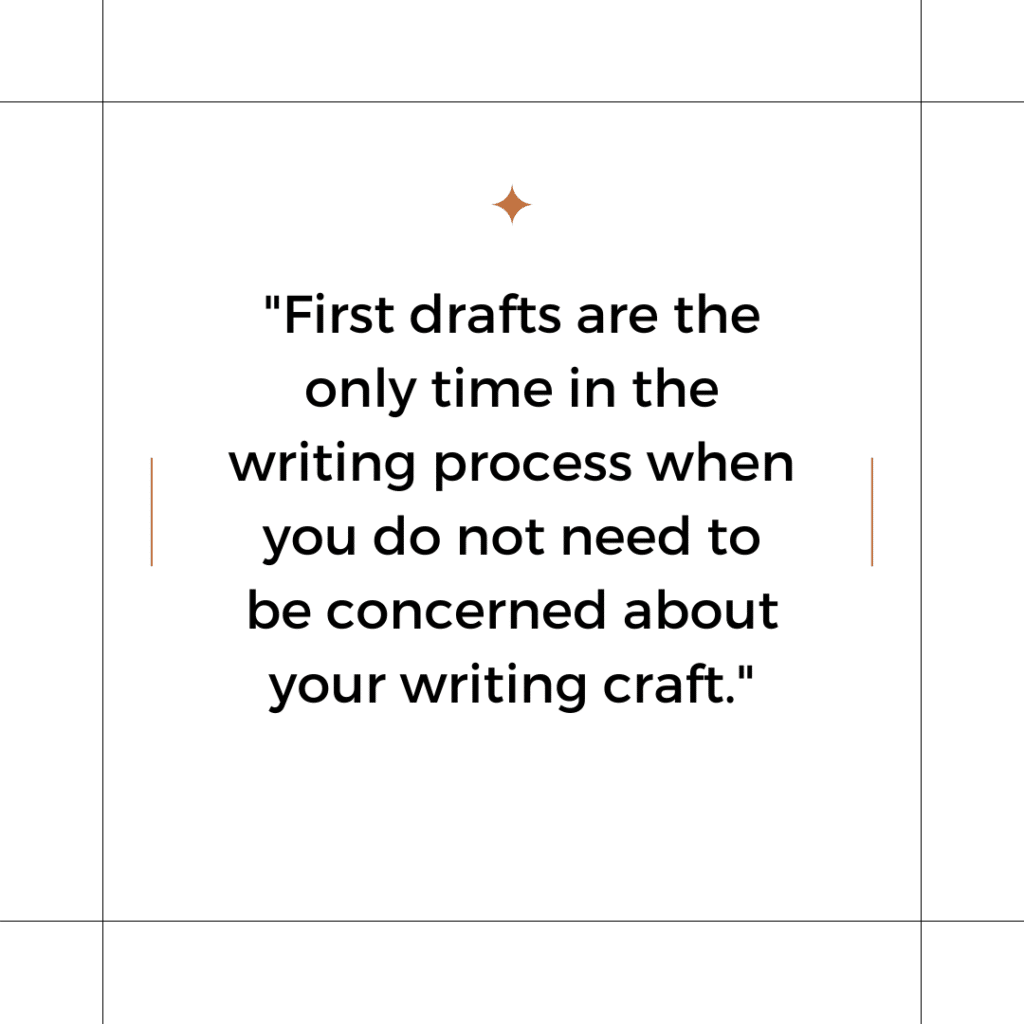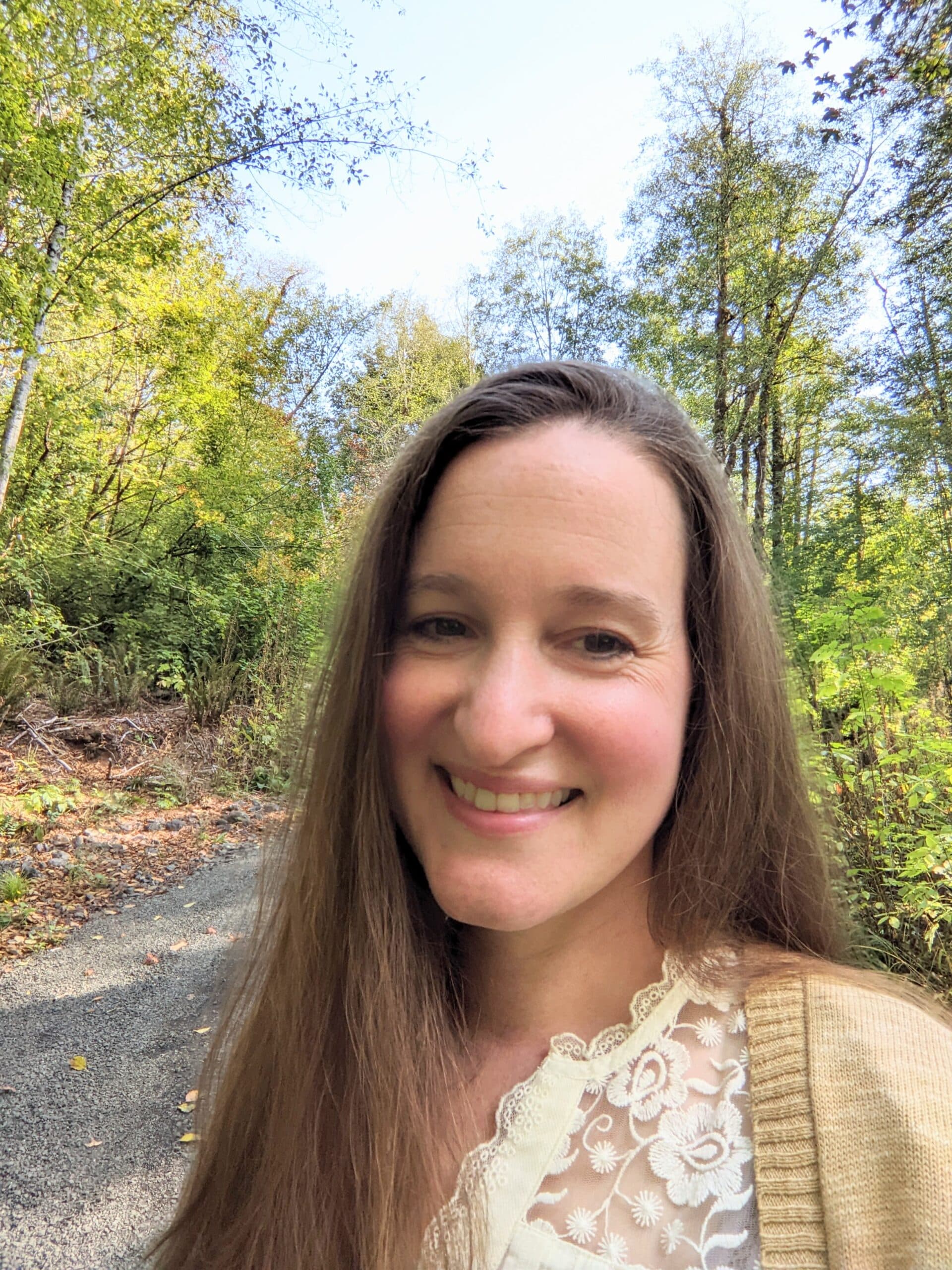
In our scramble to justify our writing, we call first drafts sh**y, and we lose sight of how practical and important they are in the writing process. Each step in the writing process serves a purpose, including the first draft. Calling it names diminishes its importance. First drafts are practical because they get the story out of your head and allow you to experiment.
First drafts get the story out of your head
The purpose of a first draft is to get the story out of your head and pave the way for the next draft. First drafts are also good for creativity, as I’ll talk about later, but at its core, this is its goal.
One could argue that outlining is getting the story out of your head, but that outline is not the whole story. So much about the characters and the world is conveyed through nuance that an outline can never show. That’s why, even if you outline, the story is never truly out of your head until you have a first draft.
The core goal of a first draft is to get the story out of your head.
There is a reason for this. Outlining uses the executive function of planning ahead. Standford University says, “The study, to be published May 28 in Scientific Reports, also suggests that shifting the brain’s higher-level, executive-control centers into higher gear impairs, rather than enhances, creativity.” So when we are in outlining mode, we can stifle our creativity. Only when we are in the act of writing our first draft can we give ourselves the freedom of creativity.
First drafts allow us to be creative
First drafts are the only time in the writing process when you do not need to be concerned about your writing craft. It is the only time you can experiment with new writing techniques because the other drafts aim to improve the story.
The unrestrictive creativity of a first draft helps unexpected things come out.
The unrestrictive creativity of a first draft helps unexpected things come out, like motivations you would never have thought of or plot ideas that come from the character’s actions and not you forcing the plot on your characters. That’s true creativity.
Don’t take this as being a pantser is better than being a plotter. All I’m saying is that in first drafts, no matter if you outlined or not, you can be free to write whatever and however you want. If that means you have an outline you are following, that is great; if you don’t, that works too. Just remember not to worry if things are perfect, and enjoy making your world and story come to life.
In summary
First drafts are imperfect, but calling them sh**y is like calling your dog sh**y because it panted when stressed. Dogs are supposed to pant when stressed and first drafts are supposed to be a first attempt at your story. So, embrace the first draft and get your story out of your head while having the freedom to write whatever and however you want.

